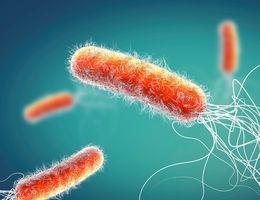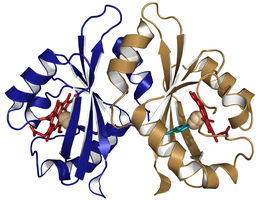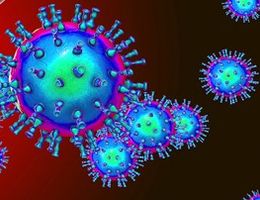
The core curriculum provides a broad background in molecular biology, immunology, medical microbiology and infectious diseases. Advanced courses allow each student to fully develop an area of interest.
Areas of Scientific Interest


Bacterial chemosensing and signal transduction

Viral oncogenesis
The thesis or research Master of Science degree provides training for individuals who will become technicians involved in biomedical research in universities or in the biotechnology industry, and for medical technologists seeking specialized research training. The non-thesis Master of Science degree provides content appropriate for medical technologists preparing for the specialist in microbiology certification; for secondary teachers seeking advanced training in areas such as molecular biology, immunology, or microbiology; and for students seeking admission to professional schools, such as medicine or dentistry.
The Doctor of Philosophy degree is designed to prepare students for careers in independent research, and teaching in a university, clinical, or biotechnology environment. Doctoral degree students are expected to develop critical thinking, creativity and independence in addition to technical skills.
The Department of Basic Science offers graduate programs leading to MS and PhD degrees through the Integrated Biomedical Graduate Studies Program (IBGS).
Program director
Ubaldo Soto
Associate program director
Mark Johnson
